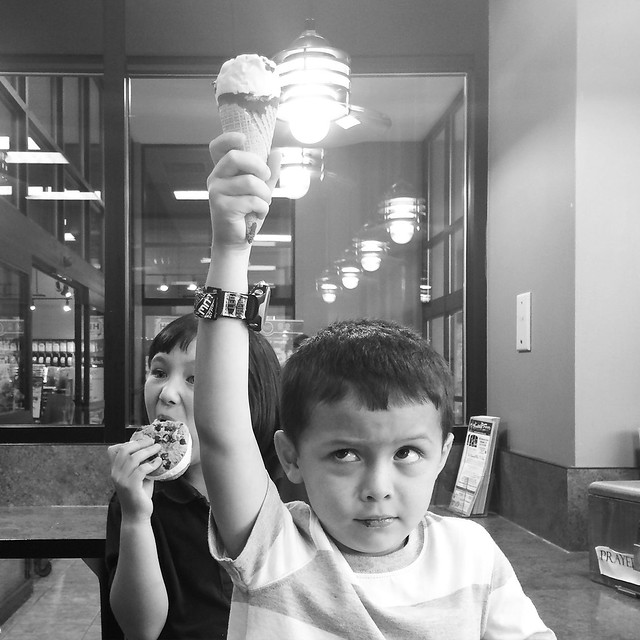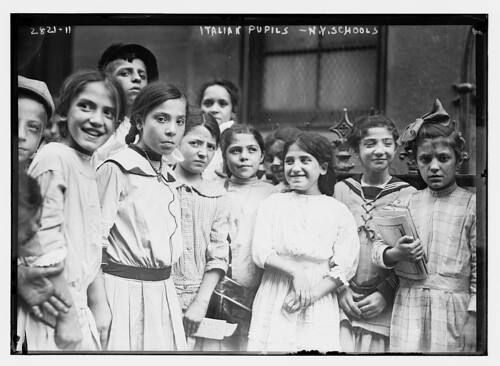Let's all ramble around like Banned Books
/All the spiders in Tennessee are the size of the Hamburgler and Michelle Obama is still not my best friend but everything else in life is really good right now. I'm really thankful, in fact. Patti Mayonnaise is returning to Nickelodeon and my hubby loves me and my kids aren't yet throwing acid glares at me when I walk into a room. It's a pretty sweet season.

This morning I realized, whilst standing in my underoos, that today was the morning I had signed up to be chaplain in Baby Girl's class. It's amazing how dressed a person can become and how fast a person can drive a scooter when she has 15 minutes to prepare a worship thought for some primary schoolies. I was reminded how completely ape a classroom full of 7 and 8 year-olds can become when they are commissioned to shove their desks back and sit on the floor. Go ahead. Change our seating arrangements? We gon' get totally crunk. It was a good exercise in patience for me, though. Nothing frustrates me more than poor listeners, poor rememberers, poor engagers of people right in front of them. And to God, I am way worse than a second grader at class chapel. I can't sit still to listen to Him, I have to keep learning the same lessons over and over, and I constantly skip off LA LA LA rather than face the music of a well-deserved rebuke.
Thank you, second grade, for chapeling the chaplain.
It's banned book week and it's capturing my heart this year with a vice grip. We're such a nation divided right now, standing with Planned Parenthood or visiting with Kim Davis. Those are your two options, pick a lane. It's terribly easy to curate one's world; to control the narrative so that it doesn't allow for any manner of truth to break through from a disparate viewpoint. Isn't that the spirit that those who ban books want to ignite? That there is no common ground, nothing of worth to learn from radical texts. Rather than invite the germs of truth they may offer, it is easier and perhaps better to pull a book from the shelves, to effectively silence a voice so others in disagreement won't have to suffer it.
I just want to encourage all of us to ramble around like a banned book, focusing less on our disinvintation from the party, believing fervently in the truth of our contents within.
Here are a few of my favorite "banned books:"










![[African American school children entering the Mary E. Branch School at S. Main Street and Griffin Boulevard, Farmville, Prince Edward County, Virginia] (LOC)](https://farm3.staticflickr.com/2948/15356487161_c85e8a2eff.jpg)